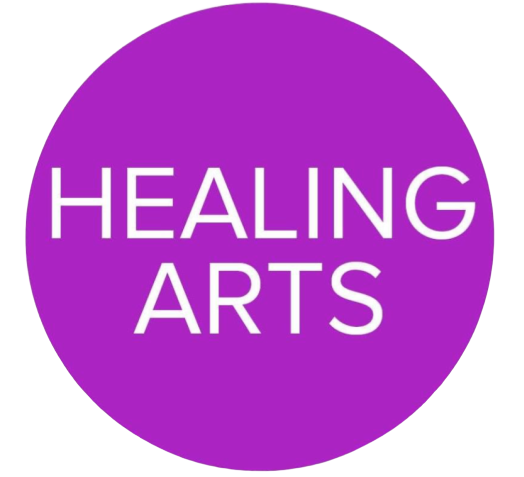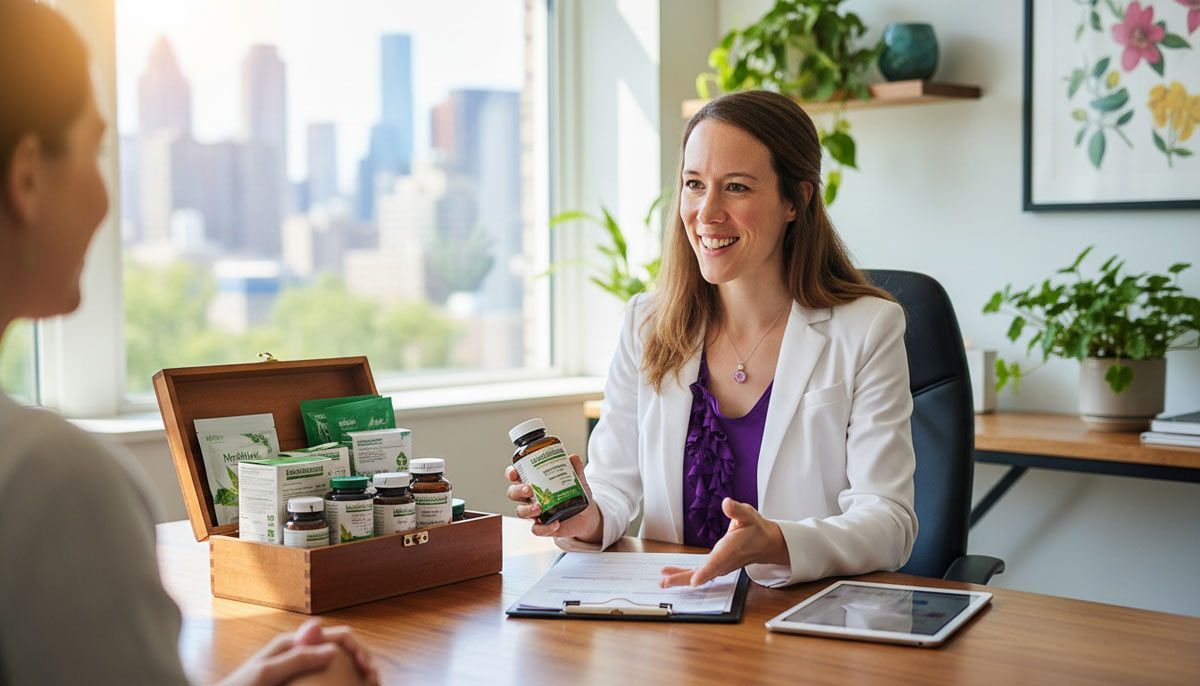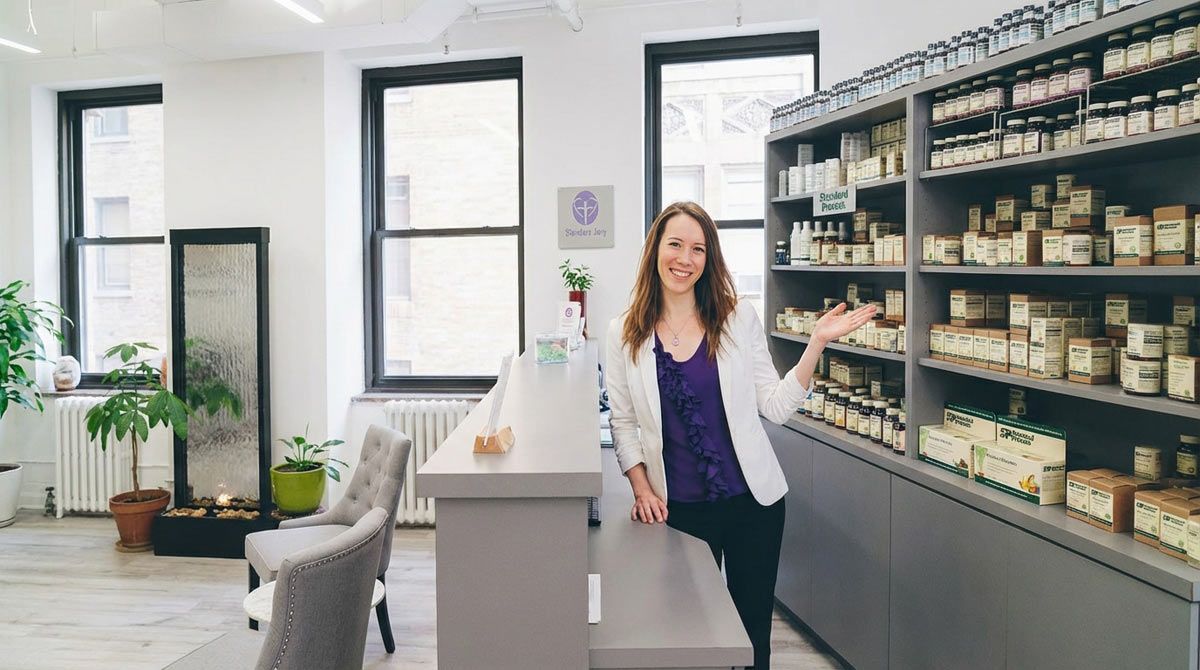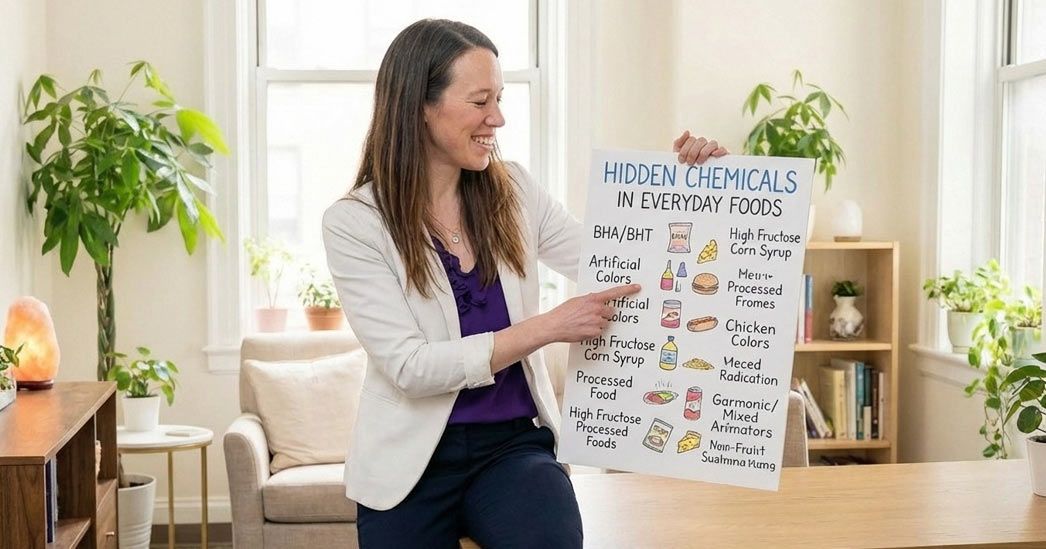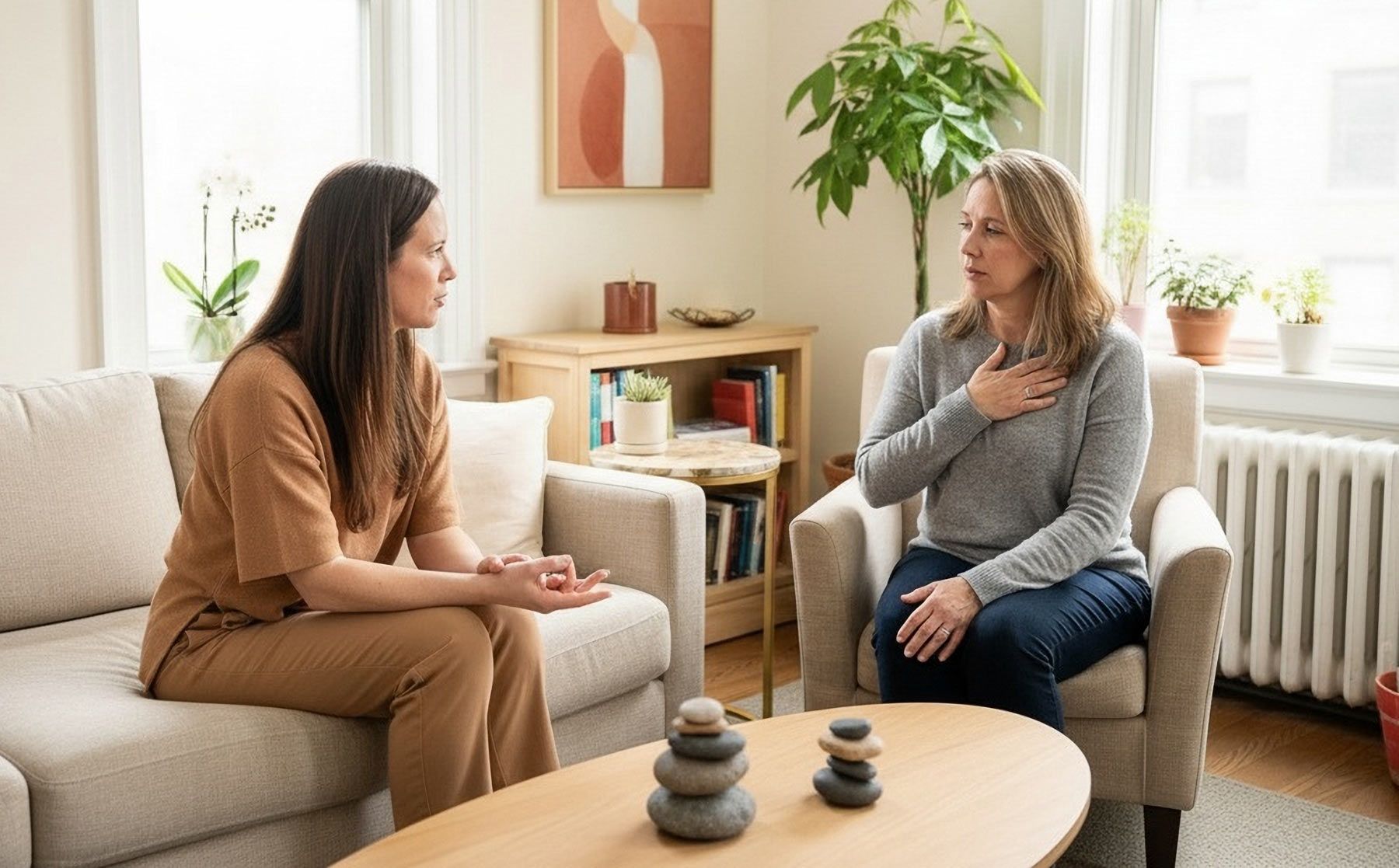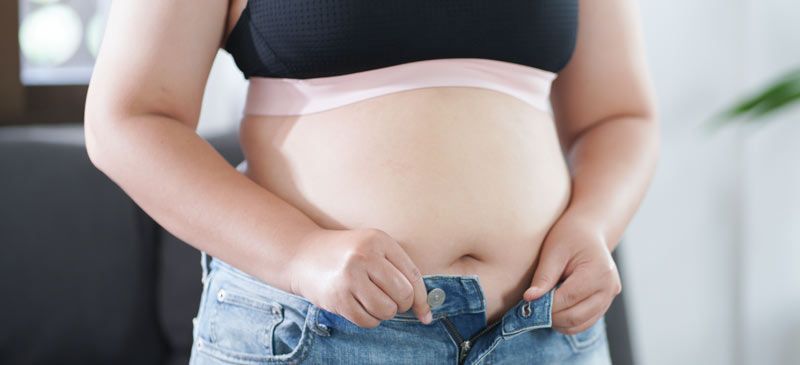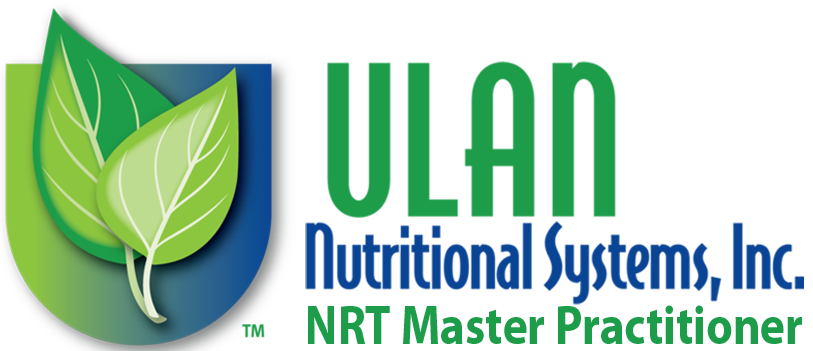Healing After Cancer: Detox, Nutrition and the Path to Thriving
Cancer recovery is more than surviving. It’s about reclaiming your health, detoxing your body, and restoring your vitality with personalized nutrition and support. If you’re ready to shift from fear to empowerment, this guide shows how to heal deeply and thrive long after treatment ends.
-Dr. Alicia Armitstead
Breast cancer happens to 1 in 8 women in the United States and worldwide, affecting over 2 million each year. October being breast cancer awareness month, I wanted to take the time to talk about cancer in general and specifically what to do during and after cancer treatments to help support your body.
Cancer is an abnormal growth of cells in the body that continues to grow unless stopped by external factors. Risk factors of cancer include genetic mutations, smoking, radiation, certain infections like HPV, poor diet, excessive alcohol, environmental toxins, and chronic inflammation.
Even if you have a family history of cancer, know that a healthy diet, reducing inflammation, and detoxing toxins from the body is your best chance of not getting cancer. This goes for people with a family history of cancer as well.
Scientists now know that gene expression can change based on the environment in which the cell finds itself. Literally, genes can be turned on and off. Exercise and a healthy lifestyle can activate protective genes, whereas chronic stress and smoking can turn off these protective genes.
To help prevent and support patients with cancer, we aim to assist you in detoxing, reducing inflammation, and providing dietary guidelines tailored to your body. We can use muscle testing to see specifically what kind of healthy lifestyle changes can help you at the cellular level. Suppose you have cancer and decide to use Western medicine and alternative medicine. In that case, the support we provide does not interfere with the chemo or radiation you may be undergoing.
Instead, it supports the body through these treatments, reducing side effects and helping you feel better during the process. After you finish the treatments, we can really help the body detox and reduce inflammation by providing specific dietary guidelines based on what we find in the muscle testing. Muscle testing personalizes the nutrition program to what your body needs. Even if it has been years since having cancer, we can still help you.
Once patients are declared cancer-free, instead of being elated at their health and success, I have noticed a common theme of it taking time to get out of the person living with cancer mode into the cancer survivor mode. Once they can make the mental shift of actually beating cancer, there is a piece of them that is living in fear, just waiting for it to come back. This staying in fear takes a toll. It takes a mental and physical toll that, if not processed, can lower the quality of happiness in one’s life.
To change this mentality, we inspire patients to stay healthy as their best course of action to prevent cancer from returning. We do this by muscle testing to determine which organs need support and which foods they should or should not be eating. We believe that with the proper nutrition, the body really can heal itself. We give support for you to learn about your health and how to listen to the body because a lot of patients have PTSD that needs to be healed, and googling every symptom does not help but adds to the stress.
Once the toxins from chemo and the radiation are detoxed, we want to make sure the organ where the cancer originated is optimal and stays optimal. We also want to make sure the liver and kidneys are doing well post-detox and the immune system is strong. The lymphatic system https://www.healingartsnyc.com/lymphatic-therapy-nyc may also need support because it works hard to carry toxins from the tissues into the bloodstream, where the blood then transports them to the liver or kidneys for detoxification.
Post-cancer, you want to keep your body clear of as many toxins as possible. My general rule of thumb is to do your best to avoid aluminum and plastic. Avoid aluminum foil, ensure there is no aluminum in your deodorant, use parchment paper on baking sheets, and avoid canned drinks or food. To avoid plastic, do your best to avoid plastic forks and straws, as well as ziplock bags, Saran Wrap, or plastic water bottles. Use Pyrex or glass containers for storing food.
What you eat matters during treatment and after treatment. You will not want to eat refined sugar or agave, as cancer cells consume these sugars. If you don’t want cancer, then don’t feed it. Minimal healthy sugars are allowed, like honey, maple syrup, stevia, coconut sugar, and monk fruit. If you want to know the exact foods your body does and does not want while healing post-cancer, then getting muscle tested will be beneficial.
Exercise is also essential post-cancer, like it is for everyone. It helps get the endorphins going (feel-good hormones) that reduce stress and improve blood and lymph flow, which aids in detox.
We can help you create a healthy lifestyle with renewed purpose by helping you detox, whether you are trying to prevent cancer, support your body while having cancer, or support your body after having cancer. Give your body the proper nutrition and lifestyle changes to heal and stay healthy.
Additional Resources
- Sweet Revenge: Taking Advantage of Cancer Cells’ Hunger for Sugar and Other Nutrients - Memorial Sloan Kettering Cancer Center
